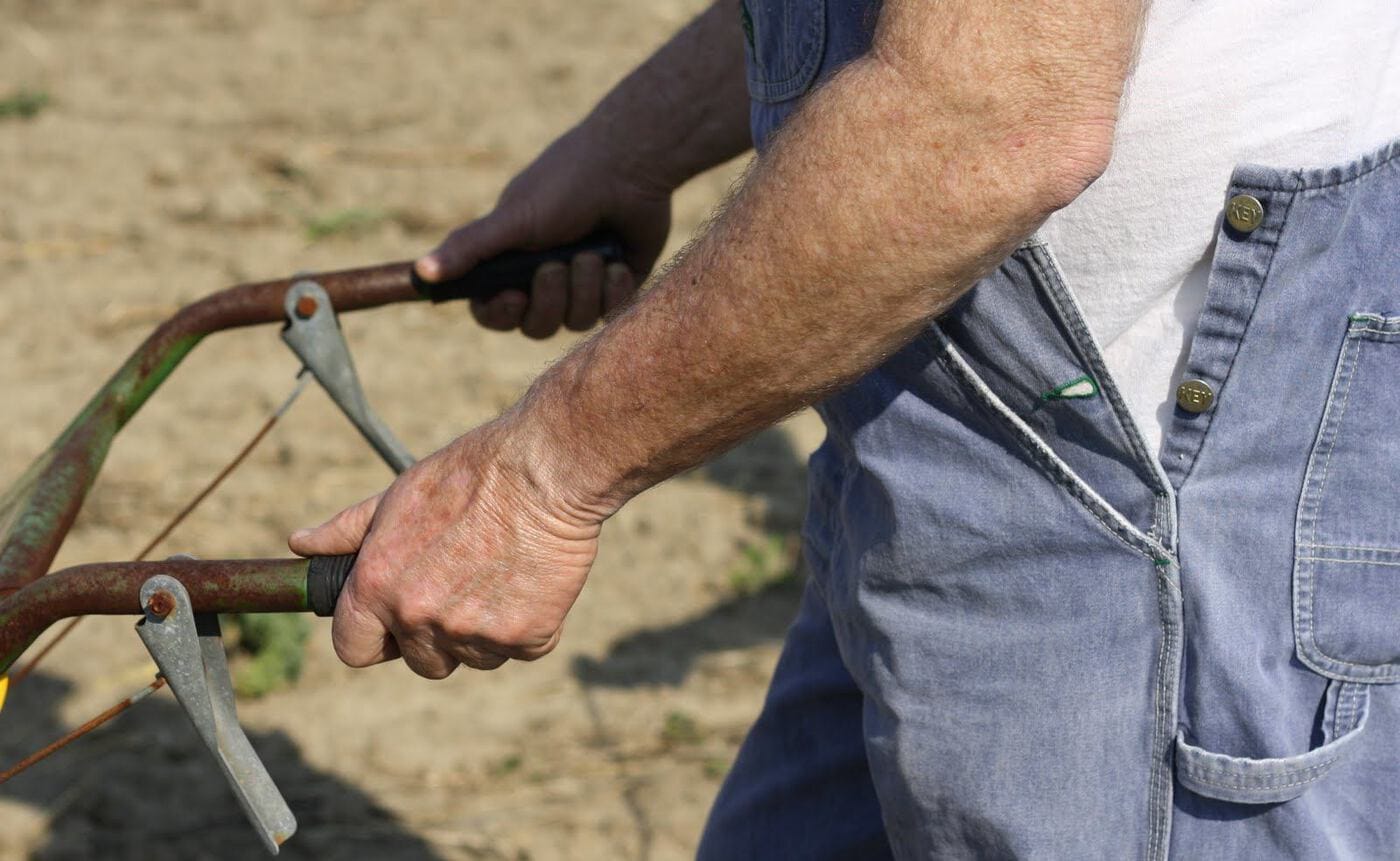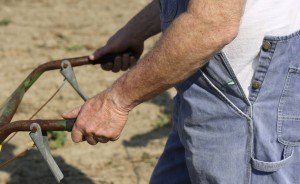
During the course of our lives, each of us will undergo some major trial, the nature of which is immaterial, for each ordeal carries a weight that can only be measured by the one who bears it.
My trial began in the summer of 1954, when I was stricken with polio. I don’t remember much of the day on which polio entered my life, other than that that was the last time I was able to walk under my own power. I was hospitalized until the initial thrust of the attack, which paralyzed me from the neck down, subsided. After which, I spent nine months in a convalescent home – including Christmas and my fifth birthday. A difficult prospect, especially for a child at age four. During that period of recuperation, I was not allowed visitors other than my parents. I would not see my brothers until my limited recovery was complete.
Often our trials are not temporary, but instead become a continual part of our lives. At twelve I required a right ankle fusion. Just three years after that successful surgery, a second was necessary to remedy a curvature of my spine, as a result of polio-induced scoliosis. I had been experiencing a “needles and pins” feeling on my left side. The symptom was caused by pressure exerted on my lung by my ribs. Life-threatening issues would develop in later years without this corrective surgery.
With the surgery completed, I was placed in a plaster cast from my chest to my hips for six months. To say the least, when I was released from my shell, the feeling was strange, yet euphoric. All prior symptoms vanished after the ensuing months of recuperation. Throughout my life as a polio survivor, I wore leg braces and used crutches. Today, a power chair.
I was fortunate to have a supportive loving family. Understanding friends, who saw the value in me as a person, included me in all activities – whether board games or of an athletic nature. Rules of play were tweaked to allow me to participate. How you see yourself is how others will see you. By accepting my disability (trial) and finding comfort with it, others did as well.

Being disabled or handicapped (however you choose to address it), is like a person with a spike protruding from his head. It’s difficult not to notice. One can either be open to the curious, or avoid potential queries. Although it may be uncomfortable, the former option I feel is the best approach. Those to whom I explained my condition, mostly children, were polite and understanding. And hopefully those who inquired, would take with them empathy and admiration for other challenged people with whom they may cross paths in the future.
After college, I pursued professions that reflected my major in mathematics. But the one that held was teaching. I became a secondary school mathematics teacher and a high school athletics coach. Both careers spanned 29 and 22 years respectively. The strenuous schedule was quite challenging. However, being so fulfilled in my calling impelled me to go beyond my obligations. Accolades came to my students, players and me. Not in the seeking. But rather, in the joy of the daily performance of that which God had benevolently gifted.
When in my mid-forties, I began experiencing renewed intensified weakness and pain. Ever so subtly at first, that I suspected age to be the culprit of my changed condition. But the symptoms that manifested more frequently without diminishing, compelled me to do some research. All that I uncovered pointed to Post Polio Syndrome. In my pursuit of information I came upon an article about a local polio support group. My involvement would provide much needed insight, and an opportunity to develop a camaraderie among those who also suffered the same.
In teaching and coaching I pushed the edge of the envelope. It was necessary to do so for the benefit of my students and players. However, the chickens “do” come home to roost. I retired from coaching with the hope that I could conserve energy to teach class. That strategy was successful for a short time. Then retirement from teaching was imminent as well. In 2003, coupled with the passing of my dear mother, a wonderful inspiration, I retired from my call to teach. During that most difficult time of adjustment, I wrote an autobiography of my life with polio, as urged by my mother before her death. Even in her absence, she comforted me. For in writing that book, my concerns and fears were quieted. Furthermore, a new and purposeful direction arose as I continue in this novice endeavor.
We polio survivors know better than most that there are no free lunches. Everything in life comes with its price. As we can attest, the price paid is well worth it. Resilience, determination and perseverance are formidable gifts to those who patiently and willfully carry their unsolicited crosses. And in humbly so doing, have become accomplished individuals who have endeared themselves to those who know and love them.
During reflective moments before a mirror, and looking deeply into my eyes: I notice no abnormalities nor infirmities. No braces. No crutches. No wheelchair. I see a bruised, but not broken, devout soul. I see the “I” that is me. The “I” that has and always will be me. The “I” that is all the better for the trials endured. The unique “I”, that each of us possesses.
Remember: We will encounter trials. Some remain with us throughout our lives. They will alter our environment and disrupt our security. We can either rage against them ineffectively, or accept, embrace and adapt. No matter how modified our environment may become – there is always a goal, a purpose and a way. The resources to sustain one to the completion of that journey is found from without and within. One needs simply to exercise the will in taking the first step.
